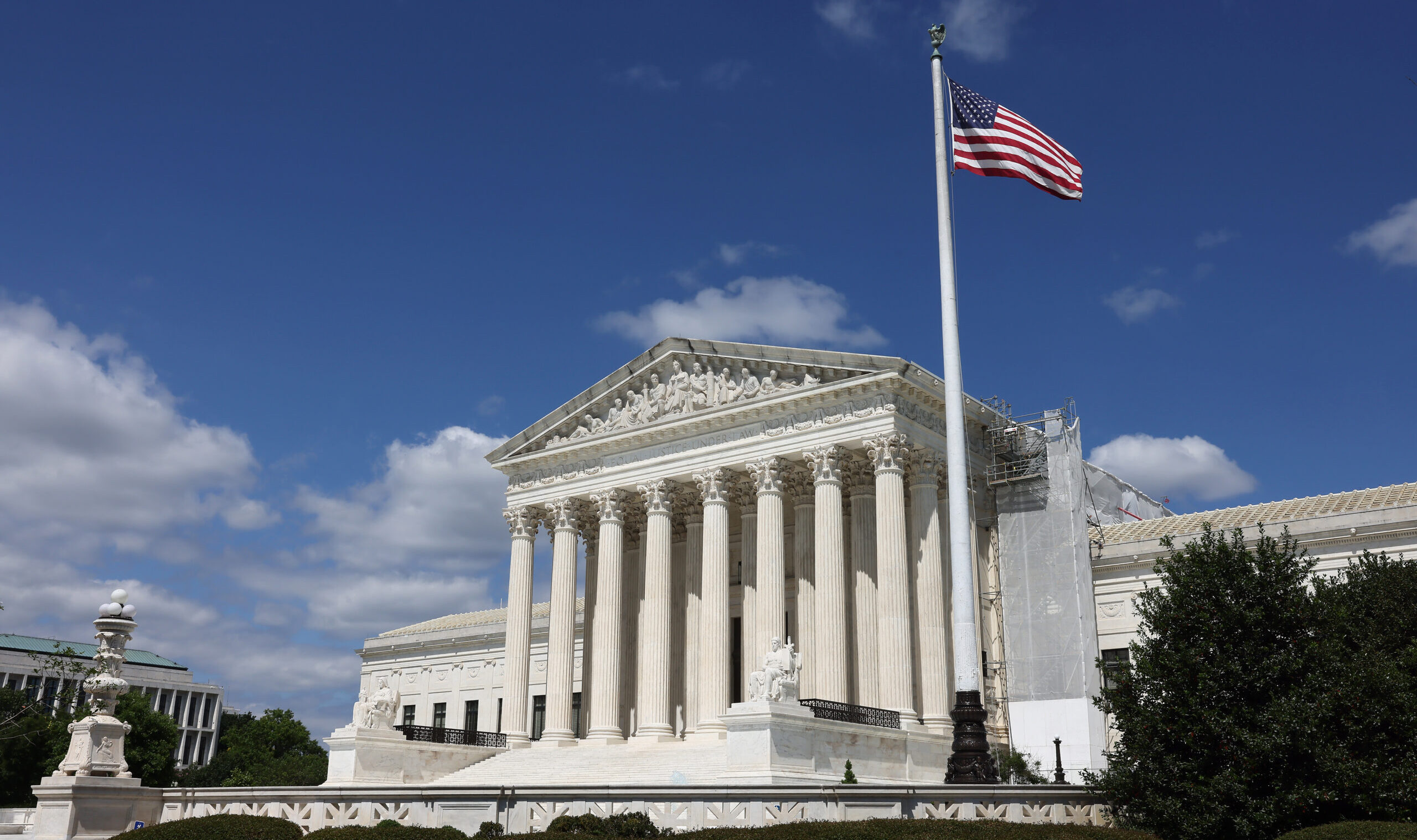


Loading the Elevenlabs Text to Speech AudioNative Player...
In an opinion released Friday morning, the Supreme Court ruled 6–3 that lower courts do not have the authority to issue universal injunctions. Justices Kagan, Sotomayor, and Jackson dissented.
The ruling was made in the case Trump v. CASA, Inc., in which the plaintiffs sued to prevent President Donald Trump’s executive order No. 14160 (“Protecting the Meaning and Value of American Citizenship”) from altering the federal government’s definition of birthright citizenship. Lower courts agreed with the plaintiffs and imposed universal injunctions, preventing the executive order from going into effect anywhere in the U.S. In response, the government filed emergency petitions to the Supreme Court arguing that the lower courts lacked the authority to implement universal preliminary injunctions.
The Supreme Court, in the opinion written by Associate Justice Amy Coney Barrett, agreed with the government. “Federal courts do not exercise general oversight of the Executive Branch; they resolve cases and controversies consistent with the authority Congress has given them. When a court concludes that the Executive Branch has acted unlawfully, the answer is not for the court to exceed its power, too,” Barrett wrote. Noting that “universal injunctions were not a feature of federal court litigation until sometime in the 20th century,” the court ruled that federal district and appeals courts must limit their preliminary injunctions to providing complete relief to the parties of the case.
The ruling is a major victory for the Trump administration, which has had its actions stymied by a large number of universal injunctions placed on it since his inauguration. Federal district and appellate courts will now be much more limited in their ability to constrain actions by the president. The ruling will also have an immediate effect on a number of cases currently on appeal.
Trump called the ruling a “GIANT WIN” in a post on his Truth Social account Friday.
